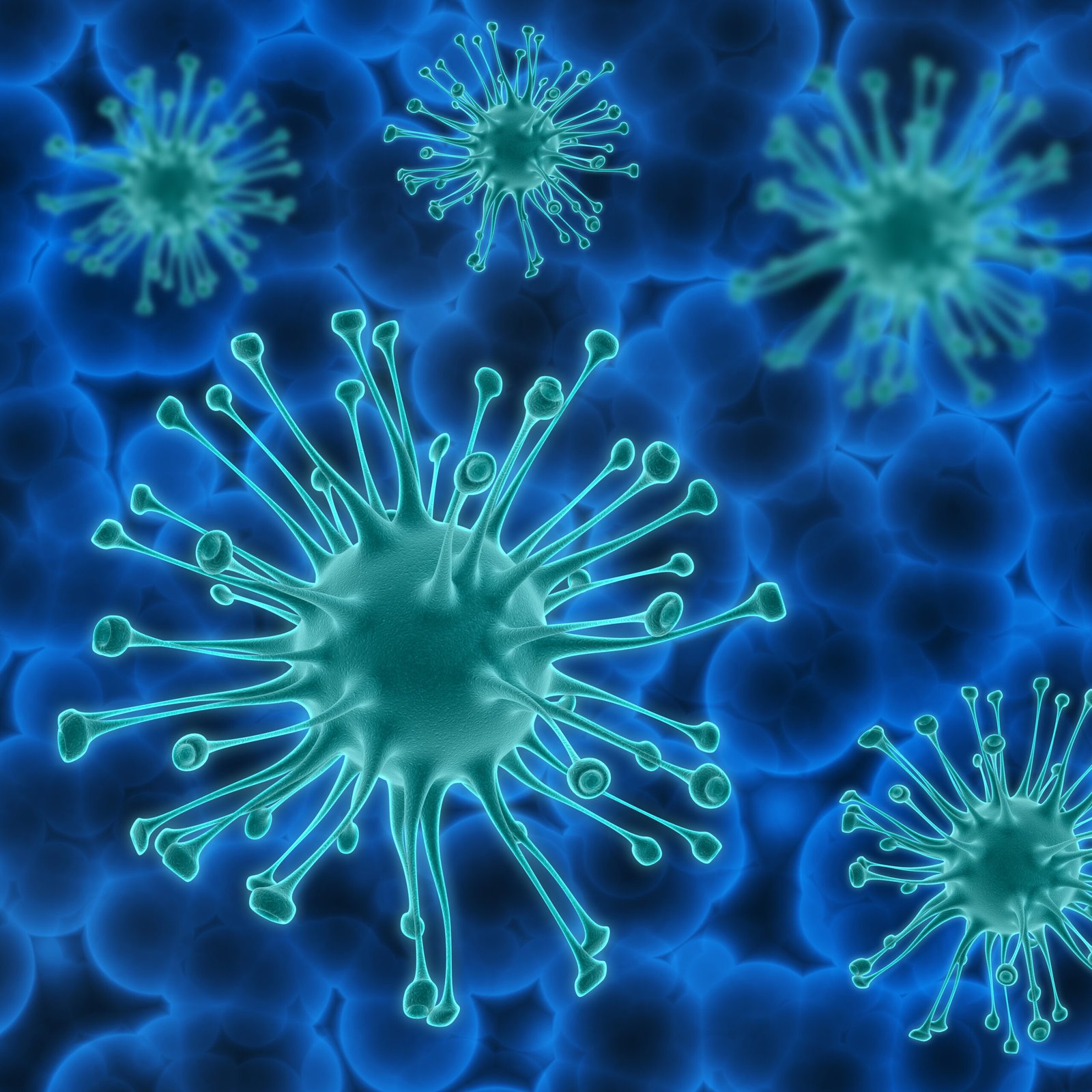1.Research Finds Link Between Infertility and Systemic Autoimmune Rheumatic Diseases (SARD)
Women who experience infertility but do not undergo fertility treatments have a higher risk of developing systemic autoimmune rheumatic diseases (SARD) in the nine years after a naturally conceived birth, compared to women without fertility issues.
This new research, published in Human Reproduction, shows that even after considering factors like pre-eclampsia, preterm birth, and stillbirth—common among women with infertility—this higher risk remains.
2.What Are SARD?
SARD are rare, serious conditions where the immune system attacks the body’s tissues. Common types of SARD include:
Systemic lupus erythematosus (causing skin rashes, joint pain, and kidney inflammation),
Sjögren’s syndrome (affecting glands that produce tears and saliva),
Inflammatory myopathy (leading to muscle weakness and pain).
SARD tends to affect women more than men, especially during reproductive years.
3.Study Findings
The researchers, from the University of Toronto Scarborough, analyzed data from 568,053 births in Ontario between 2012 and 2021. The study focused on women aged 18-50 without pre-existing SARD. They found that women with infertility who did not use fertility treatments were 25% more likely to develop SARD within nine years of childbirth.
Interestingly, women who used fertility treatments—whether non-invasive treatments like ovulation induction or invasive procedures like IVF—did not show an increased risk of SARD. Their rates of autoimmune diseases were similar to women without infertility issues.
4.Possible Explanations
Dr. Natalie V. Scime, the study’s lead author, explained that the findings suggest infertility may be a key risk marker for SARD. However, she also noted that infertility could be linked to various factors, such as endometriosis or advanced maternal age, which may play a role in the development of these diseases.
The study also points out that while infertility is associated with an increased risk of SARD, it does not necessarily cause these conditions.
5.Importance of Early Detection
SARD can be difficult to diagnose and often take years to identify. Early detection is crucial to prevent organ damage and improve treatment outcomes. The researchers suggest that infertility care presents a valuable opportunity for doctors to screen women for symptoms of autoimmune diseases, such as unexplained fatigue or joint pain.
Dr. Scime emphasized, “Doctors should be vigilant and consider a referral to a rheumatologist if symptoms suggest an autoimmune disease.”
6.Future Research
The study opens the door for more research. Future studies could explore whether specific causes of infertility, such as endometriosis or reproductive disorders, are more strongly linked to SARD risk.
7.Conclusion
This research highlights a need for increased awareness of the potential link between infertility and autoimmune diseases. It also underscores the importance of monitoring women with infertility for signs of SARD to ensure timely diagnosis and treatment.
Source:European Society of Human Reproduction and Embryology
Date:Dec 4 2024




